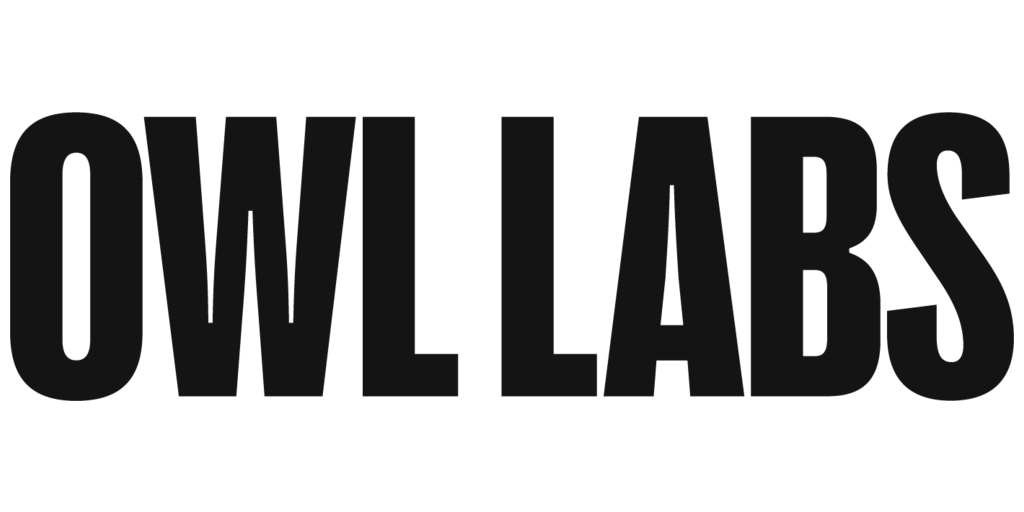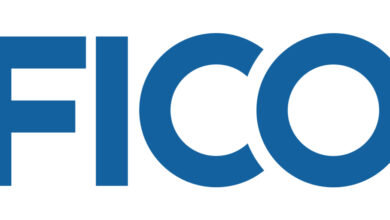UK workers call time on hustle culture: 1 in 5 workers (19%) instil greater boundaries by not taking on work outside of their specific job descriptions

Return to office mandates continue to miss the mark as 74% of UK workers still prefer hybrid work
- Nearly three quarters (73%) of UK employees willing to sacrifice their salary for a four-day work week
- WFB (working-from-bed) on the rise, as 72% of hybrid and fully remote workers say they are less likely to take a sick day
- 64% admit they’ve been caught “coffee badging” by their employers
- A supportive boss is almost as important (89%) as salary compensation (90%)
LONDON–(BUSINESS WIRE)–Owl Labs, the first company to build AI-powered, 360-degree video conferencing solutions, today launches its annual State of Hybrid Work Report polling 2,000 full-time employees across the UK, as well as 8,000 respondents globally.* The research reveals that in the wake of the new Labour Government’s pledges to introduce the ‘right to switch off’ and the right to request a four-day work week, UK workers value flexible work more than ever.
The hybrid revolution: Dismantling over a hundred years of working tradition
As the UK continues to shift to a hybrid working model, employees have made it clear that they want to move on from the previous 100 years of working tradition. As it stands, over 1 in 2 workers (51%) adopt a hybrid working model, up five percentage points from 2023 (46%). Only 11% would prefer to work in the office full time, with the most popular number of in-office days being three (35%).
Despite return to office (RTO) mandates – as seen at PwC, Santander and Amazon – flexibility over where and when UK employees work has become a non-negotiable for the UK workforce. So much so that 17% of workers would expect a pay increase if they could no longer work hybrid or remote, while almost half (47%) of workers would look for a new job that offered more flexibility in where and when they work if they lost their hybrid work privileges.
With the Government’s recent ‘Make work pay’ policy promise, it’s clear that the UK has reached a watershed moment where the majority of UK workers are unlikely to return to five days in the office. Companies that continue to push RTO mandates and in-office badge-swipes risk a mass exodus of employees.
Death of hustle culture
As the cultural narrative around work is changing, many UK employees are turning their backs on the once revered “hustle culture” in pursuit of a better work-life balance. As it stands, the top reason employees are looking for a new job is for a better work-life balance (50%), up from 41% in 2023. As the Government considers the right for UK workers to request a four-day working week, almost three quarters of workers (73%) would be willing to sacrifice some of their salary for a four-day work week – up from 65% in 2023. What’s more, a further 76% are willing to sacrifice some of their salary for flexible work hours.
With a greater focus on flexibility and work-life balance, the UK workforce is challenging the corporate status quo. Just over two thirds (67%) of UK workers are experiencing changes to traditional corporate norms, with 23% of employees needing increased praise and a further 20% wanting their personal and professional values to align.
UK workers now expect a strong working culture that incorporates both purpose and perks. As a result, employees are becoming intention seekers as 72% believe it’s important to have a sense of purpose at work. What’s more, 70% of workers feel they can be authentic and bring their whole selves to work while 65% feel connected to their company’s purpose, mission, values.
Frank Weishaupt, CEO of Owl Labs comments: “It’s clear from our data that employees – regardless of age – are craving more authentic employment experiences that allow them to follow their passions and foster more meaningful connections. Tired of burnout, workers are looking for novel ways to tackle workplace stress. With 55% of employees having worked remotely from places besides a home office or coworking space, trends such as workcations or “quiet vacationing” are on the rise.”
A nation of clock blockers
As employees resist hustle culture, workers are more emboldened to set stricter boundaries between their work and personal lives as a way to carve out more flexibility. Given that 43% of employees feel disengaged at work, with a further quarter (26%) feeling burnt out, nearly 1 in 5 workers (19%) are instilling greater boundaries by not taking on work outside of their specific job descriptions. What’s more, a further 20% won’t answer work messages outside of work hours.
When it comes to meetings, 3 in 5 employees (61%) think starting meetings at 8 a.m. or before is too early while 92% believe a meeting post 4:30 p.m is too late. As a result, 63% of workers admit that they “clock block” where they block out time in their calendar to protect it from meetings. Millennials are the most likely to “clock block” (57%) compared to Gen Z (22%) and Gen X (16%).
Coffee badging, a trend that was made popular last year, whereby employees allocate a few hours to being in the office before heading home to continue their workday remotely, continues to grow as a key workplace trend. Currently, 39% of workers “coffee badge” – up from 23% in 2023. And managers seem to be on board with this trend. While 64% of workers who admit to “coffee badging” have been caught by their employers, over half (54%) said their employer didn’t mind.
By enabling meeting-free days and encouraging a task-based work schedule, employers can help ensure that workers have the opportunity to deliver their best possible work.
Managing managers: How hybrid work is shaking up the management landscape
With employees prepared to adopt bolder tactics to ensure they get greater flexibility, managers are under increasing pressure to manage hybrid expectations effectively. As a result, good management has climbed the ranks of work non-negotiables. This year, a supportive supervisor or “green flag boss” is almost as important (89%) as employee salaries (90%).
“Green flag” managers are increasingly in favour of hybrid work. Currently, 53% of managers believe that flexible working has made their team more productive – up 5% from last year. However, as senior executives push for RTO mandates, almost half (46%) of managers are concerned that those working in a hybrid or remote capacity are missing out on impromptu feedback.
As a result, proximity bias continues to take its toll on the workplace as 54% of managers said they are more likely to ask the opinion of colleagues they physically work with over remote ones, compared to 52% last year. This isn’t going unnoticed by workers themselves as 47% are worried that working remotely will impact how visible they are to executive team members.
Weishaupt continues, “Our data backs up the old adage that people don’t leave companies, they leave managers. Companies, therefore, need to continue to invest in management training so that we’re creating a workforce of ‘green flag bosses’.
“Executives who continue to push RTO mandates could also be putting the wider economy at risk. With office workers often deemed to be harder working than their remote counterparts, some executives are giving rise to working-from-bed (WFB) as 72% of hybrid and fully remote workers say they are less likely to take a sick day and completely unplug from work when ill. This is having a detrimental impact on overall UK productivity as recent analysis from The Institute for Public Policy Research suggests that people who refuse to take sick days are costing the economy billions every year.”
Methodology
*The survey was conducted in May 2024 by Vitreous World in which 8,000 full-time employees across the UK, US, Germany and France were interviewed in the UK (2,000), US (2,000), France (2,000) and Germany (2,000).
About Owl Labs:
Owl Labs is the first company to build AI-powered, 360-degree video conferencing solutions for hybrid organizations. Its connected device system and Owl Intelligence System™ software make meetings more inclusive and collaborative by leveling the playing field between remote and in-room participants. The Meeting Owl® 4+ is the latest generation of the first WiFi-enabled, 360-degree camera, microphone and speaker that automatically zooms in on whoever’s speaking. Owl Labs has raised $47 million in funding and is based in Boston, with remote and hybrid employees all over the world. To learn more and explore the company’s research on the State of Hybrid Work, visit OwlLabs.com.
Contacts





